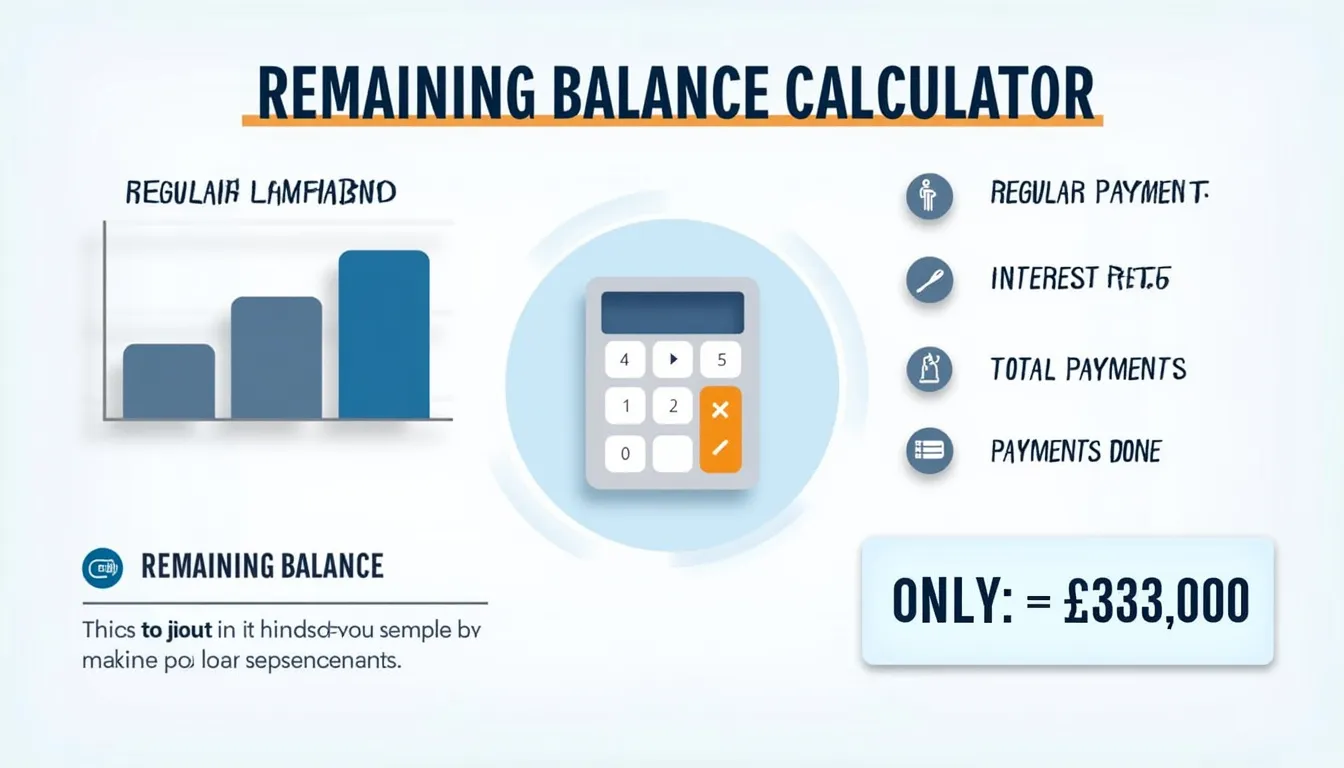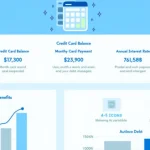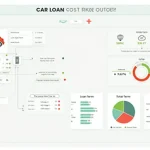Remaining Balance Calculator
Is this tool helpful?
How to use the tool
- Regular Payment – type your fixed instalment. Examples: $950 or $325
- Interest Rate per Period (%) – enter the periodic rate, not annual. Examples: 0.45 % or 0.60 %
- Total Number of Payments – supply the full schedule. Examples: 240 or 36
- Number of Payments Done – note instalments already sent. Examples: 60 or 14
- Press “Calculate” to see the balance immediately.
Formula behind the result
The script applies the standard amortization balance equation:
$$B = P \times rac{1 – (1 + r)^{-(n – p)}}{r}$$
- B – remaining balance
- P – regular payment
- r – interest rate per period (decimal)
- n – total payments
- p – payments completed
Example 1
- P = $950
- r = 0.0045
- n = 240
- p = 60
Remaining payments = 180. $$B = 950 \times rac{1 – (1.0045)^{-180}}{0.0045} \approx \$117{,}200$$
Example 2
- P = $300
- r = 0.0050
- n = 36
- p = 14
Remaining payments = 22. $$B = 300 \times rac{1 – (1.005)^{-22}}{0.005} \approx \$6{,}240$$
Quick-Facts
- Average U.S. 30-year fixed mortgage rate: 6.27 % (Freddie Mac Primary Mortgage Market Survey, 2024).
- Standard mortgage term: 360 payments over 30 years (CFPB Home Loan Toolkit, 2022).
- Prepaying $100 monthly on a 30-year loan: cuts term by ~5 years, saves ~$28 k interest (Fannie Mae Selling Guide, 2023).
- Federal student loans: 120 payments for Public Service Loan Forgiveness requirement (U.S. Ed Dept, 2023).
FAQ
What does the calculator show?
It returns the principal still owed after your latest payment using the amortization balance formula.
Which loans fit the tool?
Any fixed-payment loan—mortgage, auto, personal, or student—fits; variable-rate loans need recalculation whenever the rate changes (Federal Reserve, 2023).
Why use the periodic, not annual, rate?
The formula works on each payment period. Convert annual APR to monthly by dividing by 12 (Investor.gov, 2024).
How accurate is the result?
Accuracy depends on correct inputs; the equation itself is exact for fixed-rate amortizing debt (Brigham & Ehrhardt, 2022).
Can I include a lump-sum prepayment?
Yes—reduce “Total Payments” or increase “Payments Done” to reflect how the lump sum shortens the schedule.
Is the balance equal to the payoff figure?
No. Lenders add daily interest and fees to arrive at the payoff amount (CFPB, 2023).
How frequently should I recalculate?
Check after rate changes, extra payments, or at least quarterly to stay aligned with your goals.
Can I track multiple loans?
Run the calculator separately for each loan and list the outputs; prioritise higher-rate balances for repayment (T. Rowe Price Report, 2023).
Important Disclaimer
The calculations, results, and content provided by our tools are not guaranteed to be accurate, complete, or reliable. Users are responsible for verifying and interpreting the results. Our content and tools may contain errors, biases, or inconsistencies. We reserve the right to save inputs and outputs from our tools for the purposes of error debugging, bias identification, and performance improvement. External companies providing AI models used in our tools may also save and process data in accordance with their own policies. By using our tools, you consent to this data collection and processing. We reserve the right to limit the usage of our tools based on current usability factors. By using our tools, you acknowledge that you have read, understood, and agreed to this disclaimer. You accept the inherent risks and limitations associated with the use of our tools and services.







